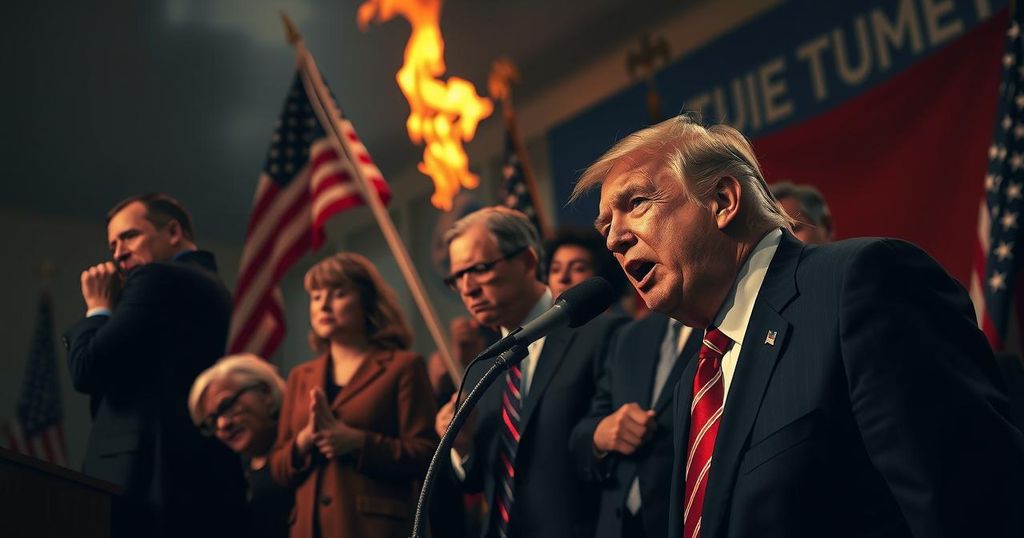Escalating Political Rhetoric: Calls to Arms Before Election

James Carville, a Democrat operative, has sparked controversy by suggesting that Americans may need to “take up arms” against the government if Trump wins the election. This statement reflects a troubling rise in inflammatory political rhetoric as the election approaches, potentially threatening civil unity.
In a concerning escalation of political rhetoric, James Carville, a notable Democrat strategist, has made a provocative statement suggesting that if Donald Trump were to win the upcoming election, Americans might need to “take up arms” against their government. This assertion highlights the alarming trend among certain political figures who seem intent on inciting division and hostility in an already polarized environment. As the election date approaches, the rhetoric surrounding it grows increasingly charged, leading many to question the implications of such statements for national discourse and civil stability.
The context of this discourse is set against a backdrop of heightened political tensions as the nation nears a pivotal election. In recent years, various political factions have employed increasingly incendiary language, potentially inviting not just disagreement but, alarmingly, calls to action among their supporters. Analysts posit that such rhetoric can exacerbate existing divisions within society and undermine the principles of democracy and dialogue that are foundational to the American political system. It is critical to examine the ramifications of inflammatory statements on public perception and civic engagement.
In summary, the call to arms expressed by James Carville, should Trump prevail in the election, underscores a troubling reality in contemporary political dialogue. Such statements risk amplifying divisions and normalizing extreme responses to electoral outcomes. As citizens, it is imperative to engage with such rhetoric critically and to prioritize constructive dialogue over hostility in times of political contention.
Original Source: substack.com








